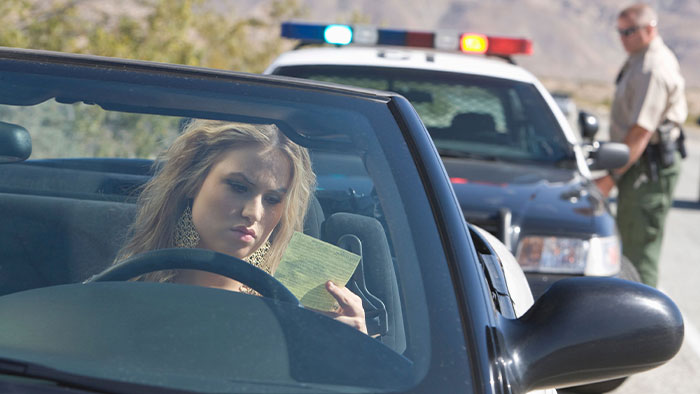
Speeding is a persistent problem on the roads of New Jersey, making it one of the worst states in the nation for speed-related car crashes. The consequences of speeding are often severe, and many speed-related crashes lead to serious injuries and fatalities.
To help mitigate this ongoing problem, drivers must recognize the dangers of speeding and the potential consequences it can have on their lives and the lives of others.
Contributing factors
Several factors contribute to the high rate of speeding in the state. New Jersey’s dense population and extensive road network create traffic congestion, which can lead to driver frustration and impatience. Drivers often resort to speeding as a way to reach their destinations more quickly.
Moreover, some highways in New Jersey have challenging traffic conditions. The Garden State Parkway and New Jersey Turnpike, for instance, can be breeding grounds for speed-related accidents due to their high traffic volumes and toll plazas.
Safety measures
The state of New Jersey has taken measures to address the speeding issue. Signs display speed limits on all roadways, and law enforcement agencies frequently patrol highways to enforce these limits. Automated speed cameras in certain areas also seek to deter drivers from speeding. These measures aim to reduce the incidence of speed-related car crashes, but more work is necessary to rectify the problem.
WSJO reports that New Jersey ranks sixth in the United States for crashes involving speed. By obeying speed limits and driving responsibly, motorists can all play a role in making New Jersey’s roads safer.
